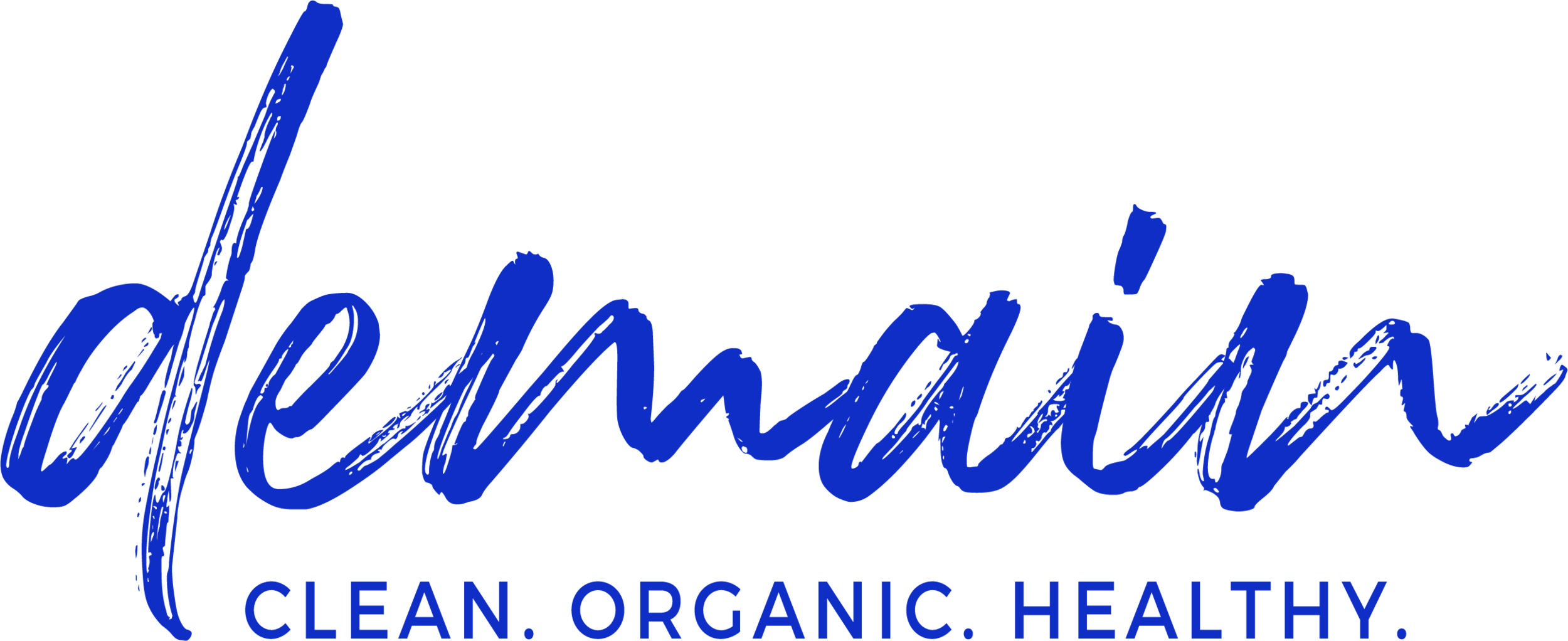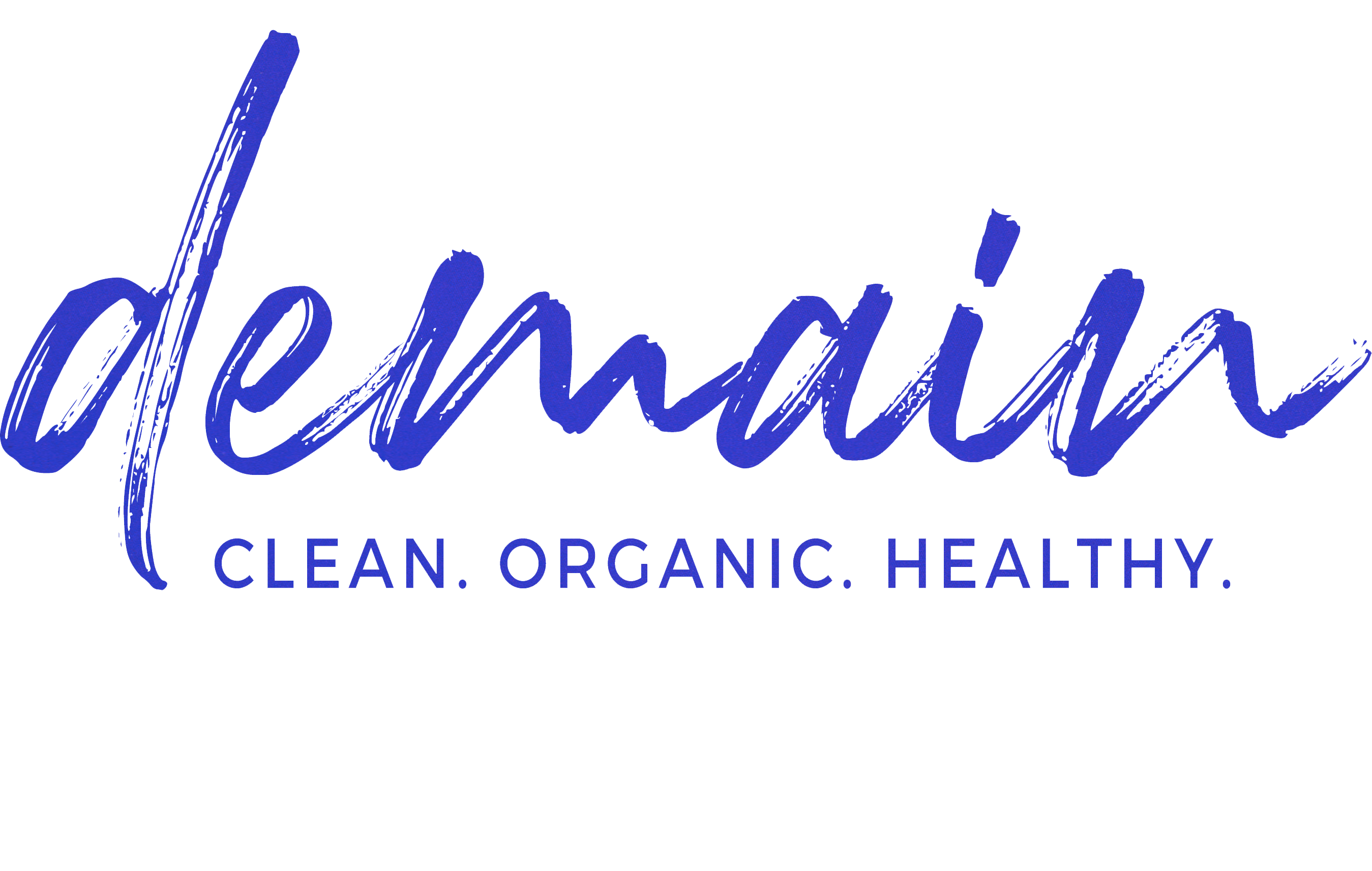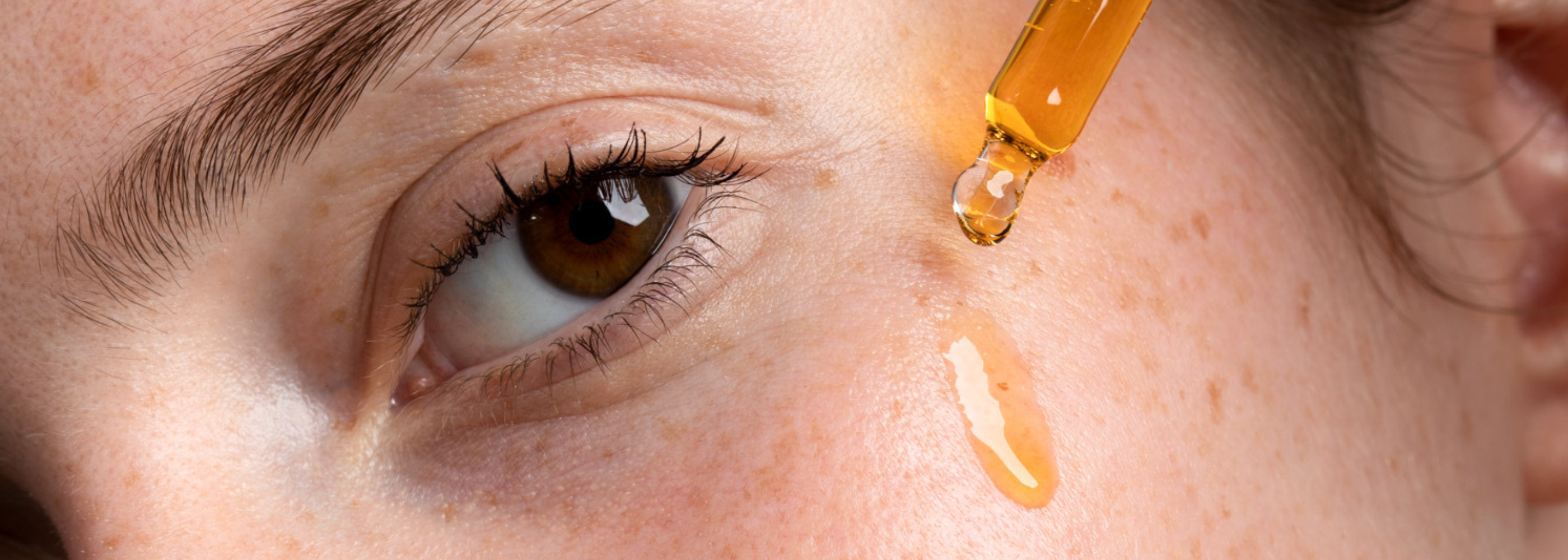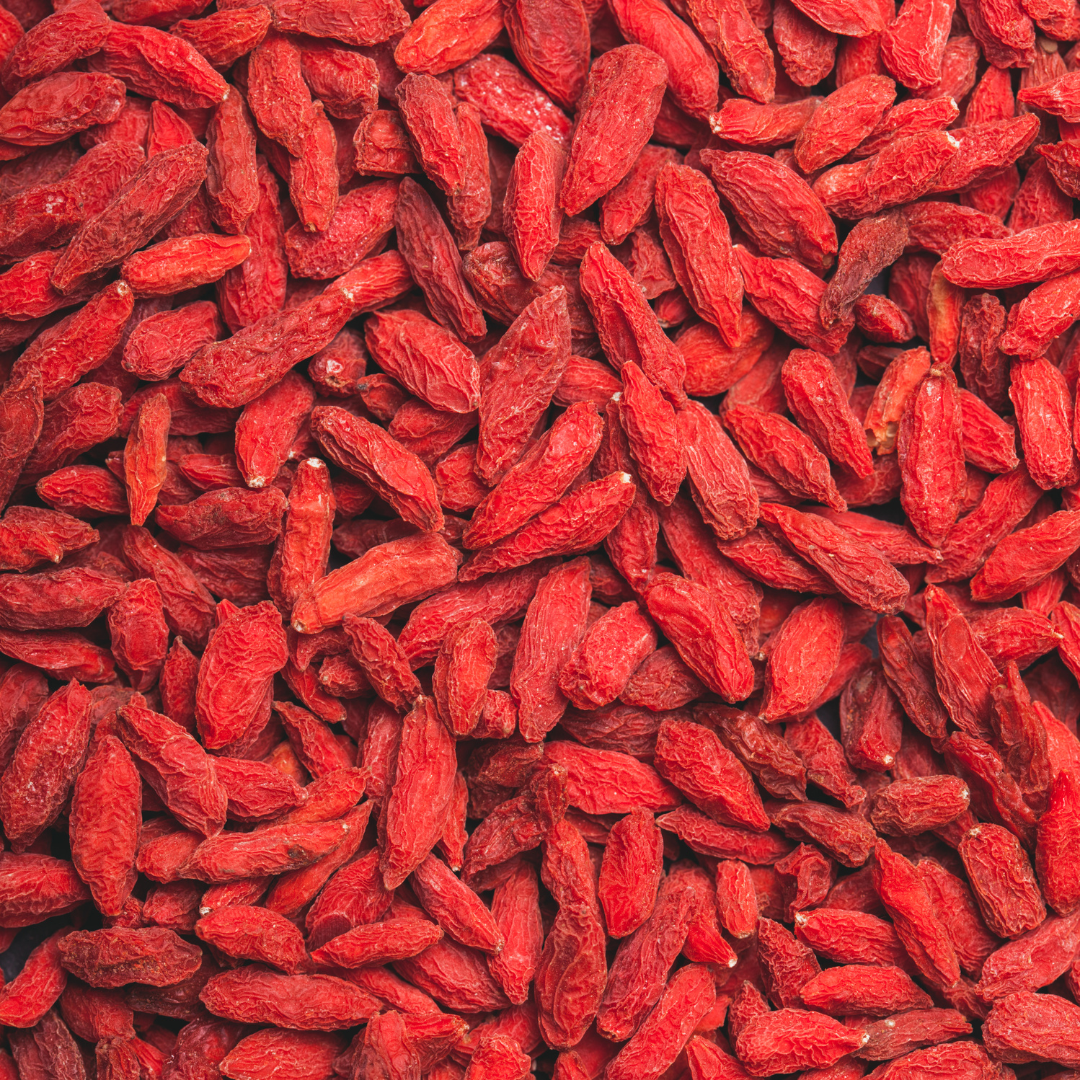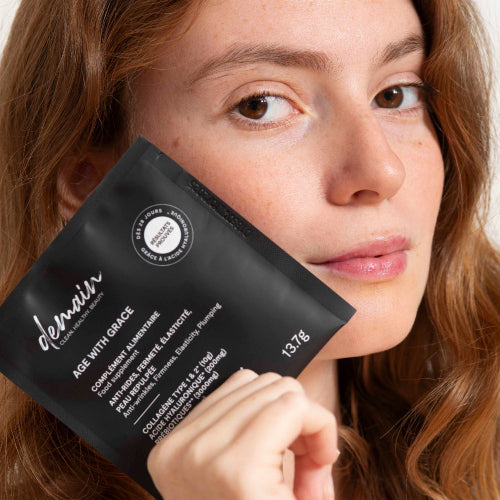This summer, adopt an energy-boosting diet to stay fit and full of vitality. Discover natural foods like energy-boosting fruits, honey, nuts, and whole grains. These anti-fatigue foods are your best allies for fighting fatigue and providing your body with the nutrients it needs. Make the most of summer with a healthy, balanced diet.
Natural foods that boost energy
Nature offers a variety of foods, rich in essential nutrients, that are natural energy boosters . These food options are not only nutritious, but also delicious and easy to incorporate into your daily routine. Energy foods :
- Goji berries are a goldmine of vitamins and minerals, known for their positive effects on energy and endurance.
- Almonds are a valuable source of fiber, protein, and monounsaturated fat, contributing to stable energy levels throughout the day.
- Dark chocolate containing a minimum of 70% cocoa is an exceptional source of magnesium, a mineral essential for energy production.
- Spirulina is a superfood rich in protein, vitamins, minerals and antioxidants, which provides a boost of energy and vitality.
- Dried vegetables are a good source of complex carbohydrates, which provide sustained energy without blood sugar spikes.
- Citrus fruits , rich in vitamin C, are natural revitalizers. An orange at breakfast or lemon juice mixed with water can energize your day.
- Avocados are rich in healthy fats and fiber that help maintain steady energy levels.
- Banana is a natural source of sugar and vitamin B6, which contribute to energy production.
- For cheese lovers, cottage cheese is high in protein and contains a good amount of calcium, which helps with energy production.
- Eggs , rich in protein and vitamin B12, are a great food for an energetic start to the day.
Remember to drink enough water every day to avoid water deficiency which can lead to low energy.
The importance of diet in fighting fatigue
Fighting fatigue also requires a well-planned diet. Each meal should be an opportunity to provide your body with the nutrients it needs to function optimally. Choosing the right foods is therefore crucial.
It's recommended to choose energy-rich foods rich in vitamins, minerals, and trace elements, which are true energy powerhouses. Nuts, such as walnuts and almonds, provide essential amino acids. Oily fish, such as salmon, are a source of omega-3, which is beneficial for the immune system. Oatmeal, a whole grain product, provides a feeling of satiety and provides long-lasting energy.
Sweet potatoes, rich in vitamins and fiber, are also an excellent anti-fatigue ally. Finally, don't forget to drink about 1.5 to 2 liters of water per day to stay well hydrated.
- Oilseeds : amino acids
- Oily fish : omega-3
- Oat flakes : sustainable energy
- Sweet potato : vitamins and fiber
- Water : 1.5 to 2 liters per day
These foods, eaten in a balanced way, will help you stay in good shape all summer long!
How do the foods we eat provide energy?
The energy we get from food comes mainly from three types of nutrients: carbohydrates , proteins , and fats . Our bodies break down these nutrients during digestion, creating a chemical process called metabolism that converts food into energy.
Carbohydrates are the primary source of energy, quickly converting into glucose, which can be used by our cells. Proteins, on the other hand, are necessary for tissue repair and construction, but can also be used as an energy source. Finally, lipids provide the most concentrated energy, stored for later use.
Eating a balanced diet rich in these three types of nutrients is essential to maintaining optimal energy levels.
The role of carbohydrates in the energy process
Carbohydrates play a major role in our body's energy production. They are converted into glucose, which is then used by our cells to produce energy. This process is particularly rapid with simple carbohydrates, such as those found in fruit or honey. In contrast, complex carbohydrates, such as those found in whole grains or legumes, provide more sustained energy. By consuming carbohydrate-rich foods, your body has an immediately available energy reserve, especially during physical activity. This is why carbohydrate intake is essential in our daily diet.
Protein and energy: a winning duo
The combination of protein and energy is a true winning combination for our bodies. Protein is not only essential for building and repairing our tissues, but it also plays a key role in energy production.
Their slow digestion allows for a gradual energy release, thus avoiding fatigue. They are especially important during physical activities, where they support the development and maintenance of muscle mass.
To benefit from their benefits, we can opt for foods such as:
- Lean meats like chicken or turkey
- The fish
- Eggs
- Dairy products
- Legumes
- Oilseeds
These protein sources, combined with a balanced intake of carbohydrates and lipids, constitute the ideal cocktail for a lasting energy supply.
Did you know? Collagen is an excellent protein. One sachet of Age With Grace Collagen provides you with 11.22g of protein!
Fatigue: How can lipids help?
Lipids, sometimes misunderstood because of their high calorie content, are nevertheless an essential ally against fatigue. Indeed, they play a major role in energy storage. Each gram of lipids provides 9 kilocalories , more than double that of proteins and carbohydrates.
That said, not all fats are created equal. It's best to choose unsaturated fats , found in vegetable oils, nuts, and oily fish. These fats are essential for brain health and long-term energy production.
On the other hand, saturated fats, often present in processed products, should be consumed in moderation because they can increase bad cholesterol levels.
Therefore, it is important to include an adequate amount of healthy fats in your diet to combat fatigue and maintain good energy levels.
List of anti-fatigue and energy-boosting fruits to consume without moderation
Green vegetables, allies to boost your energy
Green vegetables are a valuable ally for those looking to boost their energy. Rich in vitamins, minerals, and antioxidants, they can help fight fatigue and increase your vitality.
Spinach , for example, is known for its exceptional nutritional richness. It is an excellent source of vitamins A, C and K, iron and magnesium. In addition to being low in calories, it is also a good source of energy.
Cruciferous vegetables, such as Brussels sprouts and kale, are also a good choice. They contain vitamin C, a powerful antioxidant that helps boost the immune system and increase energy levels.
Other green vegetables, such as fennel and zucchini, are also recommended for their beneficial properties. They are rich in fiber, which helps maintain good digestive health and stabilize blood sugar levels, which can help prevent energy dips.
Finally, don't forget green legumes like peas and green beans. They're a good source of protein and fiber, two nutrients that help maintain good energy throughout the day.
Whole grains and their energy intake
Whole grains are an essential source of energy. They are called "complete" because they contain all the elements of their seed: the germ, endosperm, and bran. These parts contain essential nutrients such as fiber, vitamins, and minerals.
These grains include oats, quinoa, brown rice, and whole wheat. These foods are rich in complex carbohydrates , which are gradually converted into glucose by the body, thus ensuring stable and lasting energy. Whole grains are also a source of plant-based protein and minerals such as magnesium, iron, and potassium, which contribute to the proper functioning of the body.
Regular consumption of whole grains helps maintain stable blood sugar levels, preventing energy spikes and dips. They are therefore particularly recommended for fueling up throughout the day.
What is it in whole grains that gives our body energy?
Whole grains provide our body with energy primarily through their complex carbohydrate content. These are gradually converted into glucose by the body, providing a continuous and sustainable energy supply . Unlike simple carbohydrates, they prevent blood sugar spikes, allowing for energy stability.
Furthermore, whole grains contain a significant amount of protein (around 10%). Protein is essential for the repair and construction of our cells and tissues, thus contributing to the body's overall energy.
Finally, these cereals are rich in dietary fiber , contributing to healthy digestion and a longer feeling of satiety, avoiding cravings and energy drops.
Among the vitamins and minerals present, we find in particular vitamins B and E, as well as iron, magnesium, zinc, potassium, essential for the proper functioning of our body.
How to incorporate whole grains into your daily diet?
There are several ways to incorporate whole grains into your daily diet. Start the day with a bowl of oatmeal, a whole grain rich in fiber and protein. You can also swap white bread for whole-grain bread for your breakfast spread or as a side dish.
For your main dishes, opt for brown rice, quinoa, or whole-wheat pasta. These alternatives are more nutritious and satisfying than their refined counterparts.
Also, consider incorporating whole grains into your snacks. For example, a small handful of homemade granola or a whole-wheat muffin can be great options for an afternoon [slump].
Finally, remember to vary the types of whole grains you eat to benefit from a wider range of nutrients.
The benefits of whole grains on general health
Whole grains offer numerous overall health benefits. Their high fiber content promotes healthy digestion, helping prevent intestinal disorders. Fiber also helps control cholesterol levels and reduce the risk of heart disease. Studies have shown that whole grains can help maintain a healthy weight and prevent type 2 diabetes. Furthermore, thanks to their richness in B vitamins, they promote a healthy nervous system. Finally, when eaten regularly, whole grains can contribute to better bone health thanks to their content of essential minerals such as magnesium and phosphorus.
Protective Foods: The Link Between Diet and Energy
What to eat to have more energy?
To increase your energy levels, it's recommended to prioritize certain foods. Protein-rich foods such as eggs, lean meat, oily fish like salmon or sardines, as well as legumes like lentils or chickpeas, are excellent choices.
Fiber-rich foods are also excellent allies. They are particularly found in fruits and vegetables, legumes, and whole grains. They help regulate blood glucose absorption, providing sustained energy throughout the day.
- Dried fruits like dates, dried apricots, or figs are also recommended. They are rich in carbohydrates and fiber, and provide a good dose of quick energy.
- Nuts and seeds are also good sources of energy. They are rich in protein, healthy fats, and fiber.
- Whole grains are a source of complex carbohydrates, which provide constant and sustained energy.
Choose your foods wisely to increase your energy and vitality.
Foods rich in B vitamins
The B vitamin group plays an essential role in energy production, so it is crucial to consume foods rich in these nutrients.
Yeasts , especially brewer's yeast, are particularly rich in B vitamins. They are easy to incorporate into the diet, whether as a food supplement or sprinkled on certain dishes.
Whole grains are also an excellent source of B vitamins. They contain B1, B3, and B6, which are essential for energy production.
Legumes such as lentils and chickpeas are good sources of vitamin B9 (folates), which contributes to the proper functioning of the immune system.
Some offal and meats , such as liver or pork, are very rich in B vitamins, particularly B12, which is essential for the normal functioning of the nervous system.
Seafood , such as crustaceans and mollusks, are also good sources of vitamin B12.
Finally, dried fruits and seeds are a significant source of B vitamins, particularly nuts and sunflower seeds.
Foods rich in iron
Iron is an essential mineral for our bodies. It contributes to cell oxygenation and promotes energy production. The following foods are particularly rich in iron:
- Red meats : they represent a major source of heme iron, easily assimilated by the body.
- Offal : liver, for example, is very rich in iron.
- Seafood : mussels, oysters and shrimp are foods that contain a good amount of iron.
- Green vegetables : spinach, watercress and parsley are good sources of non-heme iron.
- Legumes : lentils, chickpeas and kidney beans contain a good proportion of iron.
- Whole grains : they are a significant source of iron.
To optimize the absorption of non-heme iron found in green vegetables, legumes, and grains, consider eating these foods in combination with a source of vitamin C.
Foods rich in magnesium
Magnesium, an essential mineral, plays a key role in energy production. To reap its benefits, you can incorporate magnesium-rich foods into your diet.
- Oilseeds such as almonds, Brazil nuts or sunflower seeds are known for their high magnesium content.
- Whole grains , such as buckwheat or wheat germ, are also an excellent source.
- Green vegetables such as spinach are a magnesium-rich plant-based option.
- Finally, certain dried fruits such as dried bananas, figs or dried apricots can be eaten for their magnesium content.
It is also possible to find magnesium in less common foods such as periwinkles or sardines in oil.
